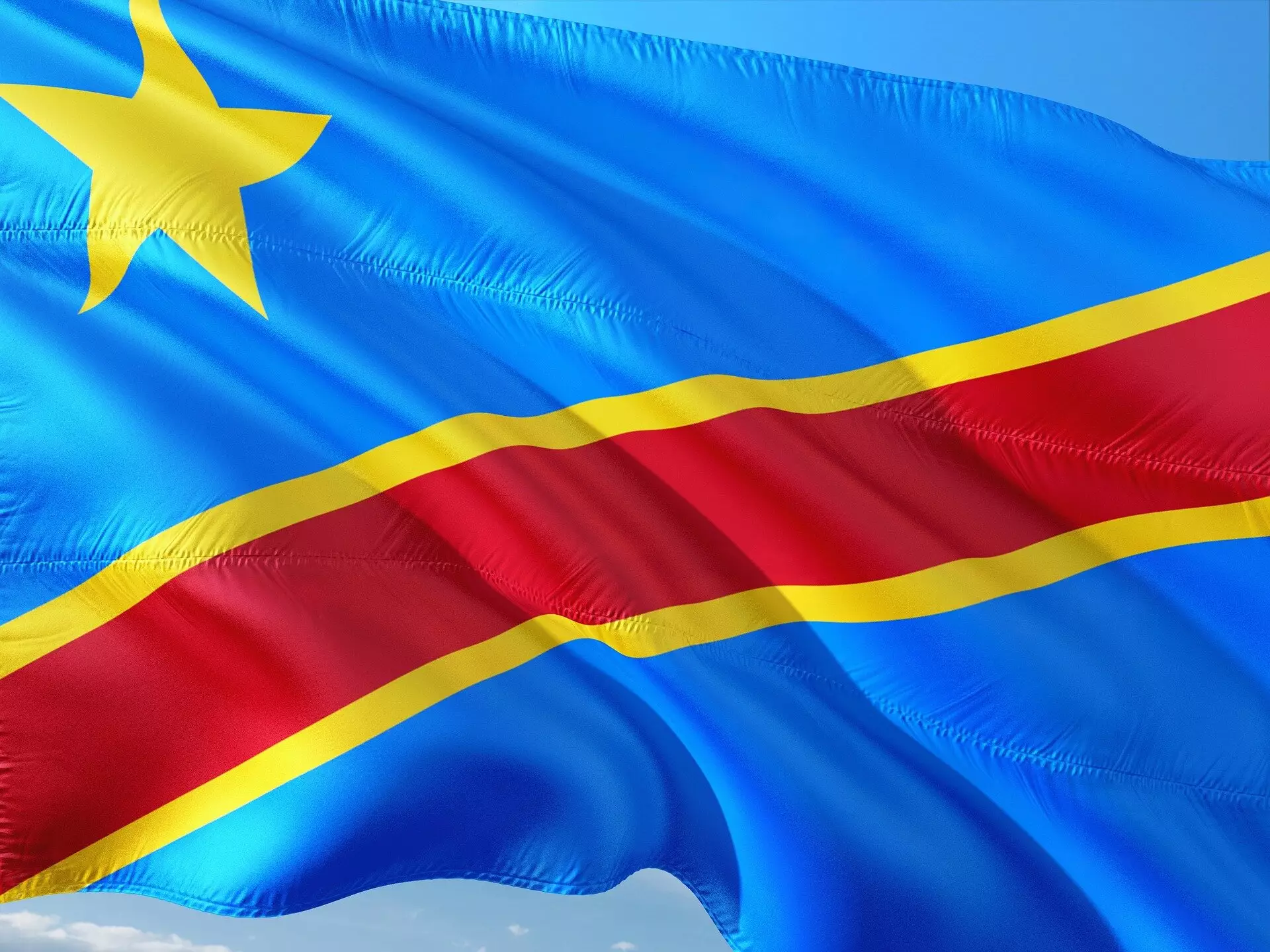The Democratic Republic of the Congo (DRC) has often been painted as a passive victim in the global race for cobalt, exploited by more powerful nations like China, the United States, and European countries. However, a closer examination of the DRC’s role reveals that it is not merely a victim but a significant player capable of influencing the cobalt market. With cobalt essential for electric vehicle (EV) batteries and other renewable technologies, understanding the dynamics at play is crucial for all stakeholders involved in the energy transition.
Cobalt is a vital component in lithium-ion batteries, a technology underpinning the rapid expansion of electric vehicles. As countries strive to cut carbon emissions, the demand for cobalt has surged. The DRC, which produces approximately 70% of the world’s cobalt, wields considerable power in this scenario. This strategic position allows the DRC not just to provide a critical resource but also to potentially shape the future of the entire industry. As global battery manufacturers and automakers aim for greener production methods, the leverage that the DRC possesses cannot be overlooked.
While the DRC holds significant mineral wealth, the relationship between the government, foreign investors, and local communities is fraught with complexity. Foreign investment, primarily from Chinese companies, dominates the cobalt sector, leading to perceptions of the DRC as simply a raw material supply chain for foreign interests. However, new findings suggest that the Congolese government is more involved and influential than previously thought. For instance, decisions made in the capital, Kinshasa, resonate throughout global supply chains, signifying that local political actions can halt or accelerate cobalt production.
In 2022, for example, the DRC government suspended exports from a prominent Chinese-owned cobalt mine, momentarily affecting global production by around 10%. This case serves as a reminder that local governance and policy can have wide-reaching repercussions on the global market.
Despite holding the reins on such an indispensable resource, the DRC’s wealth has not translated into improved living conditions for its people. A staggering 74% of the Congolese population continues to live in poverty, struggling amid pollution, unsafe working environments, and limited access to basic needs. Many artisanal miners work in perilous conditions, where incidents of mine collapses are tragically frequent, and children are often found toiling in the dangerous landscape of cobalt extraction.
Political corruption further complicates the situation, with reports indicating that a significant portion of miners’ earnings is siphoned off by cooperatives controlled by influential figures. This suggests a system that exploits workers while enriching a select few, raising ethical questions about the fairness of cobalt mining operations in the DRC.
Politically motivated decisions play a defining role in the management of the cobalt supply chain. The recent appointment of new regional leaders can dramatically affect foreign companies’ operations, revealing how local political dynamics can delay production or push for favorable contracts. For instance, when Lualaba province’s governor was installed, she seized shipments to negotiate better terms with Chinese firms, showcasing the negotiation leverage that local authorities maintain.
Moreover, in efforts to consolidate power, the national government recently took steps to impose stricter controls on artisanal mining, further complicating an already intricate landscape. This ongoing tug-of-war between national and provincial interests provides insight into how the DRC is not just a participant but an active negotiator in the cobalt industry.
As the global landscape shifts towards green energy, it is imperative for producer nations like the DRC to be treated as partners rather than mere suppliers. The wealthy resources need not only serve foreign industries but also contribute to local development. By investing in local processing capabilities and infrastructure, global players can support an ecosystem that promotes sustainability and equitable distribution of resource wealth.
The DRC is undeniably positioned as a critical ally in the global energy transition. Yet, the narrative surrounding its cobalt wealth needs a paradigm shift. The voices of local miners and communities should be amplified, ensuring that they benefit from their land’s riches. Policymakers and corporations must recognize that a more equitable approach, inspired by collaboration and co-development, could facilitate a more just energy future for all involved.


Leave a Reply